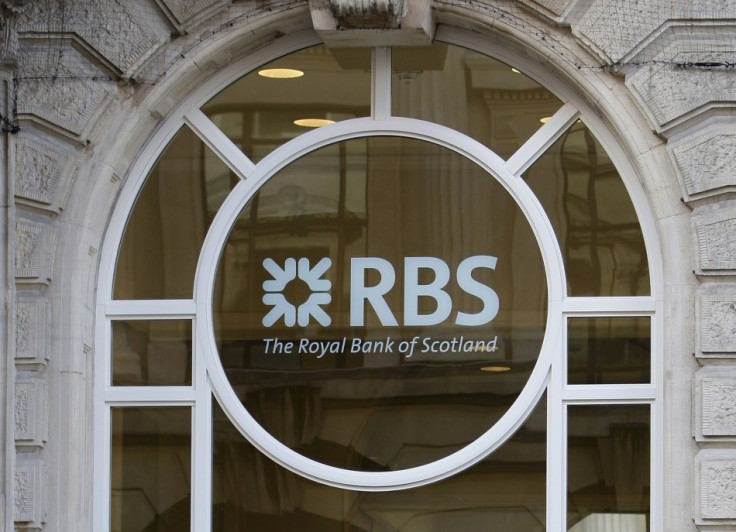RBS Shares Drop After Sudden Nathan Bostock Exit to Santander UK

Royal Bank of Scotland shares dropped over 2% in early trading following the sudden exit of the state-backed bank's Group Finance Director Nathan Bostock.
Bostock, who had only been in the role for ten weeks, has joined RBS rival Santander. He will be chief risk officer and deputy chief executive of Santander UK, which is expected to be spun off as a separate institution and listed on the London Stock Exchange.
"Nathan did a remarkable job as Chief Risk Officer and was integral to the plan which restored safety and soundness to the bank following the 2008 banking crisis," said RBS Chairman Philip Hampton. "He leaves with the best wishes of the board."
RBS Chief Executive Ross McEwan described Bostock as a "talented banker".
"While I'll miss working with Nathan, I look forward to competing with him in the UK market as we strive to better the industry for our customers," McEwan added.
RBS problems in 2013
The high profile departure is the latest in a long line of problems that the lender, which is 81% owned by taxpayers after a government bailout at the height of the financial crisis, has had to face in 2013.
European Commission regulators fined RBS along with seven other banks a combined total of €1.71bn (£1.4bn, $2.4bn) for operating in two cartels in the euro and Japanese yen interest rate derivatives markets.
RBS alone was slapped with €391m in fines for its bankers' roles in the cartels.
It follows a £390m fine settlement for Libor fixing from UK and US regulators in February, as well as millions more in fines and litigation costs for the mis-selling of derivatives to small businesses and Payment Protection Insurance (PPI) to consumers.
Meanwhile, the Serious Fraud Office may be laying the ground work for a criminal investigation into the RBS after a government adviser claimed the bank engineered businesses into default while profiting from their struggles.
McEwan denied the bank had committed any wrongdoing, but drafted in magic circle law firm Clifford Chance to conduct an independent internal review into Lawrence Tomlinson's allegations.
Only a few days after this issue, RBS revealed it will compensate customers who were affected by the mass outage to its online and phone banking services, which potentially left millions of people unable to purchase goods or receive payments, echoing a similar debacle in 2012.
Just days later, RBS's NatWest website was hit by a distributed denial of service attack (DDoS).
A DDoS attack seeks to disrupt websites and other computer systems by flooding the targeted organisations' networks with computer traffic.
© Copyright IBTimes 2025. All rights reserved.






















